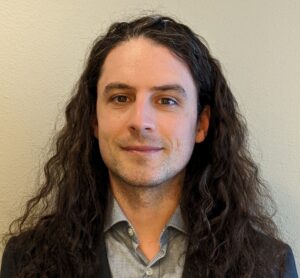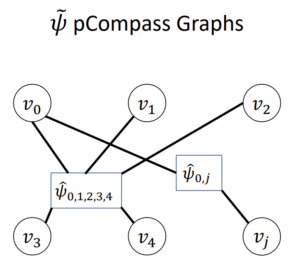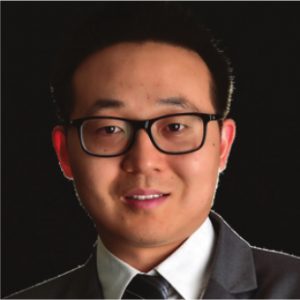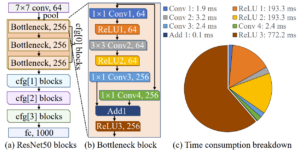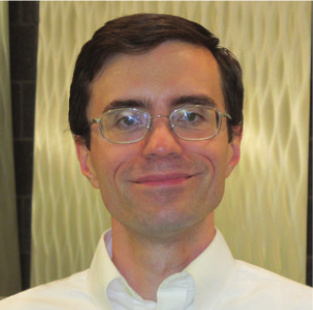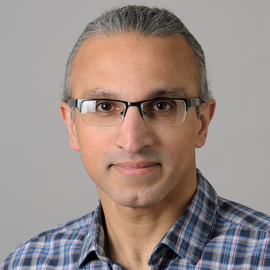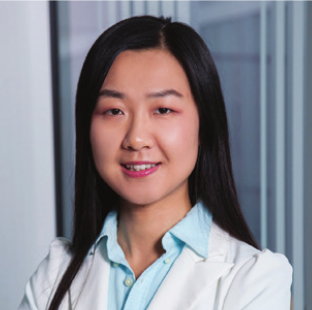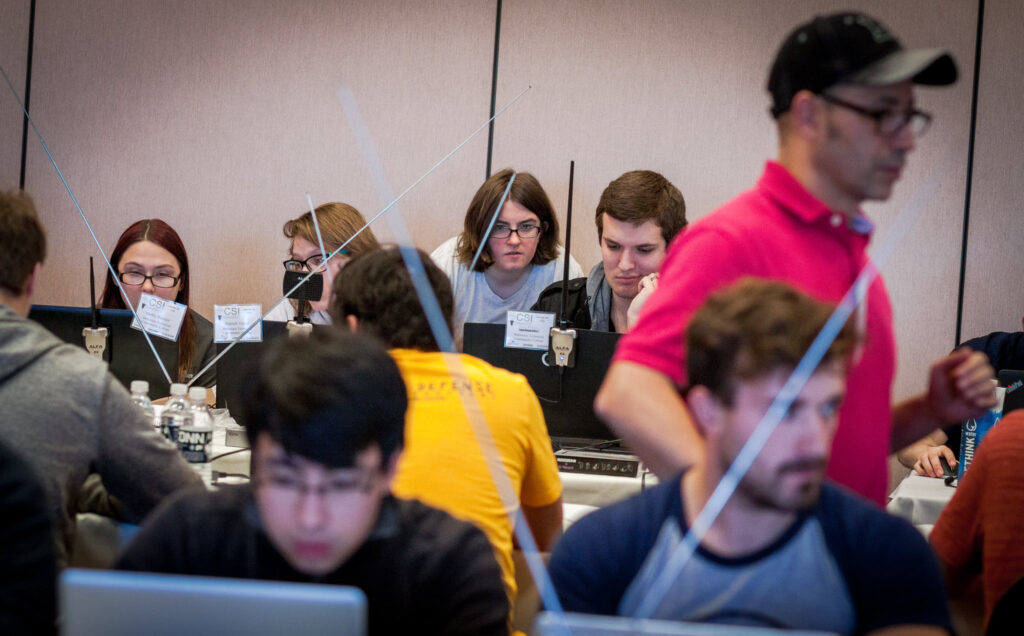
With thousands of cybersecurity job openings around the state — and entry-level positions that can command a six-figure starting salary — training the next generation of security engineers is a key challenge for Connecticut.
Colleges around the state say the fast-changing curriculum, difficulty of retaining expert faculty, importance of linking closely to industry, and looming challenge of AI make cybersecurity one of the most dynamic fields in education right now.
Another challenge is the ever-widening circle of people who need to be trained in combating cyberattacks.

“It’s not going to be good enough for there to be 10% or 15% of computer scientists who fix everybody else’s problems,” said Benjamin Fuller, an associate professor in the computer science department at the University of Connecticut.
Read more at the Hartford Business.com

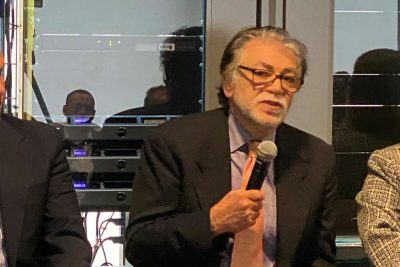
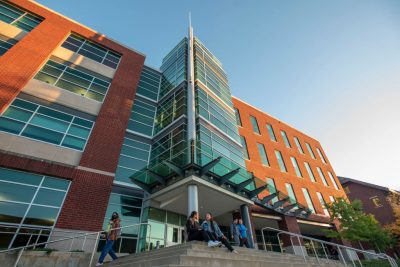 A systemwide IT outage caused by a cyberattack continues to affect Eastern Connecticut Health Network and Waterbury HEALTH.
A systemwide IT outage caused by a cyberattack continues to affect Eastern Connecticut Health Network and Waterbury HEALTH.